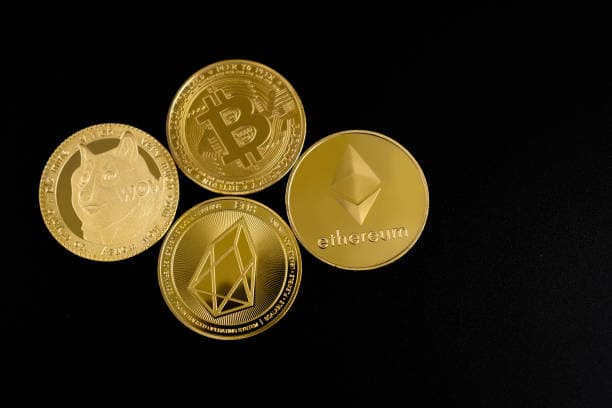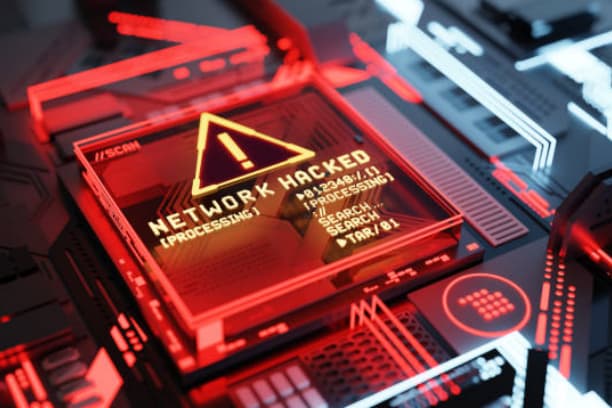The BSC is a blockchain platform launched by the BSC Exchange to provide a fast and low-cost environment for running decentralized applications (dApps). Its core features of high performance, high scalability and low transaction fees make BSC a popular choice for blockchain developers and investors. In this article, we will discuss the basic functions of BSC, its technical structure, and its role in the cryptocurrency ecosystem to help Taiwanese users understand the operation mode and practical application value of BSC.

Background and Overview of BSC
Binance Smart Chain (BSC) is a high-performance blockchain platform to be launched by Binance Exchange in 2020.BSC is designed to address the scalability issues facing blockchain today, especially the high transaction fees and network congestion of mainstream blockchain networks such as Ether.BSC is based on an Ether-compatible smart-contracting architecture that supports fast and low-cost transactions, which is critical for the development of decentralized finance (DeFi) and various decentralized applications (dApps). BSC is based on an Ethernet-compatible smart contract architecture that supports fast and low-cost transactions, which is crucial for the development of decentralized finance (DeFi) and various decentralized applications (dApps).
BSC has the advantage of high performance and low latency, and adopts Solidity, a smart contract language similar to that of Ether, which enables developers to quickly port Ether applications and smart contracts to the BSC platform.BSC supports cross-chain operations, allowing it to interact with other blockchains, further enhancing the flexibility and compatibility of its ecosystem.
BSC's Core Functions and Technical Framework
One of BSC's core features is its fast and low-cost transaction processing capabilities. BSC's transaction validation time is typically 3 seconds and transaction fees are significantly lower than those of Ether, making it the preferred choice for developers and users alike.BSC employs a consensus mechanism called "Delegation of Proof of Stake (DPoS)", which is an algorithm that balances efficiency with decentralization. It validates transactions by selecting nodes with a high degree of trust and ensures the efficient operation of the network.
BSC's smart contract functionality is fully compatible with Ether, meaning that most Ether-based applications and assets can be easily migrated to BSC and operate with lower transaction fees.BSC also supports the "BEP-20" token standard, a token protocol similar to ERC-20 that provides developers with the tools to create and manage digital assets. BSC also supports the "BEP-20" token standard, a token protocol similar to ERC-20 that provides developers with the tools to create and manage digital assets.
BSC's Decentralized Finance (DeFi) Ecosystem
The launch of the CoinSmart Chain directly contributes to the development of Decentralized Finance (DeFi), a decentralized model of financial services utilizing blockchain technology, which is not dependent on traditional financial institutions and enables a variety of financial operations, such as lending, trading, liquidity provisioning, etc. BSC, as a DeFi-enabled blockchain platform, offers developers and users more BSC as a DeFi-enabled blockchain platform provides more choices for developers and users.

Many famous DeFi projects have been deployed on BSC, the most representative of which are decentralized exchanges (DEX) like PancakeSwap, a BSC-based AMM (Automated Market Maker) platform that allows users to exchange tokens quickly on BSC without relying on centralized exchanges. In addition to this, BSC supports DeFi applications such as liquidity mining and pledging, which has attracted a large inflow of capital.
According to the latest data, BSC's daily transaction volume and usage of DeFi projects are already close to that of Ether, which demonstrates BSC's strong competitiveness in the DeFi space. Many users consider BSC as an ideal platform for DeFi operations due to its fast transaction processing and low transaction fees.
Comparison of BSC with other blockchains
While Ether and Bitcoin are the best-known blockchain networks, their transaction processing speed and cost issues have led many developers and users to look for better solutions, and BSC has excelled in this regard, with transaction speeds and transaction fees far lower than Ether's. BSC's ecosystem continues to expand, with a growing number of DeFi projects and applications running on BSC, which gives it a competitive edge in the blockchain space. BSC's ecosystem is expanding and more and more DeFi projects and applications are running on BSC, giving it a competitive edge in the blockchain space.
The biggest advantage of BSC over other blockchains is its compatibility and ease of use. Since BSC is compatible with Ether, developers can easily migrate their existing Ether applications and smart contracts to BSC and enjoy lower transaction fees and faster transaction confirmation times without changing the code.
BSC also faces some challenges, especially in terms of decentralization and security. Since BSC uses the DPoS consensus mechanism, this makes it slightly less decentralized than Bitcoin and Ether, which is a major concern for some critics.
How to trade cryptocurrencies with BSC
If you are new to cryptocurrencies and would like to start trading with BSC, here are some basic steps to follow:
Choose a BSC-enabled wallet: You need to choose a BSC-enabled cryptocurrency wallet, such as MetaMask or Trust Wallet. these wallets support BSC's BEPS-20 tokens and can help you manage your assets.
Connecting to the BSC network: Setting up the BSC network in your wallet links your wallet to the BSC. This usually involves manually setting the RPC parameters of the BSC.
Buy BNB, BSC's native token: On BSC, BNB is the primary medium of exchange, so you will need to buy BNB first. you can exchange fiat currency for BNB through CoinSafe or other crypto exchanges, and then transfer it to your BSC wallet.
Participate in exchanges on the BSC: Decentralized exchanges (DEX) like PancakeSwap are common trading platforms on the BSC. You can trade BNBs with other tokens, provide liquidity, or participate in pledges.
Future Development and Potential of BSC
With the rapid development of BSC, its position in the global blockchain ecosystem continues to grow. As more and more DeFi projects and enterprises choose to deploy on BSC, the BSC ecosystem will continue to expand and attract more developers and users into it.
BSC's cross-chain functionality is also one of the highlights of its future development. Through interoperability with other blockchains, BSC is expected to realize more efficient asset movement and data exchange, further enhancing its competitiveness in the global blockchain arena.
In conclusion, BSC, as an efficient, low-cost and highly compatible blockchain platform, provides rich application scenarios for developers and users. With the continuous expansion of its ecosystem, BSC will play an increasingly important role in the future development of blockchain.














